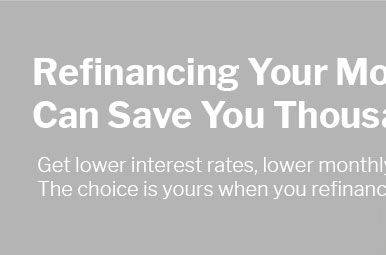no closing cost mortgage companies: what to expect
How these offers really work
“No closing cost” typically means the lender provides credits to offset origination, title, and recording fees, while charging a slightly higher interest rate. The costs don’t vanish; they are priced into the rate. Some charges, like appraisal re-inspections, escrows, and daily interest, may still be yours. Ask which items are covered and which are not.
When the math makes sense
If you plan to sell or refinance before the break‑even point of a lower‑rate, pay‑the‑fees loan, a credit-funded option can win. It favors short horizons, cash‑constrained buyers, and borrowers expecting a near‑term rate drop.
- Rate trade‑off: Expect roughly 0.125%–0.5% higher rate for lender credits.
- Fee coverage: Third‑party fees may be covered; prepaids usually are not.
- Eligibility: Best pricing with strong credit and low LTV.
- Paper trail: Demand a Loan Estimate itemizing credits and fees.
- Lock strategy: Compare total cost over your target holding period.
Red flags to avoid
Watch for teaser ads that require points, inflated title charges, or steering to affiliates. Shop at least three quotes on the same day, align loan terms, and insist the credit amount is locked with the rate in writing.
















